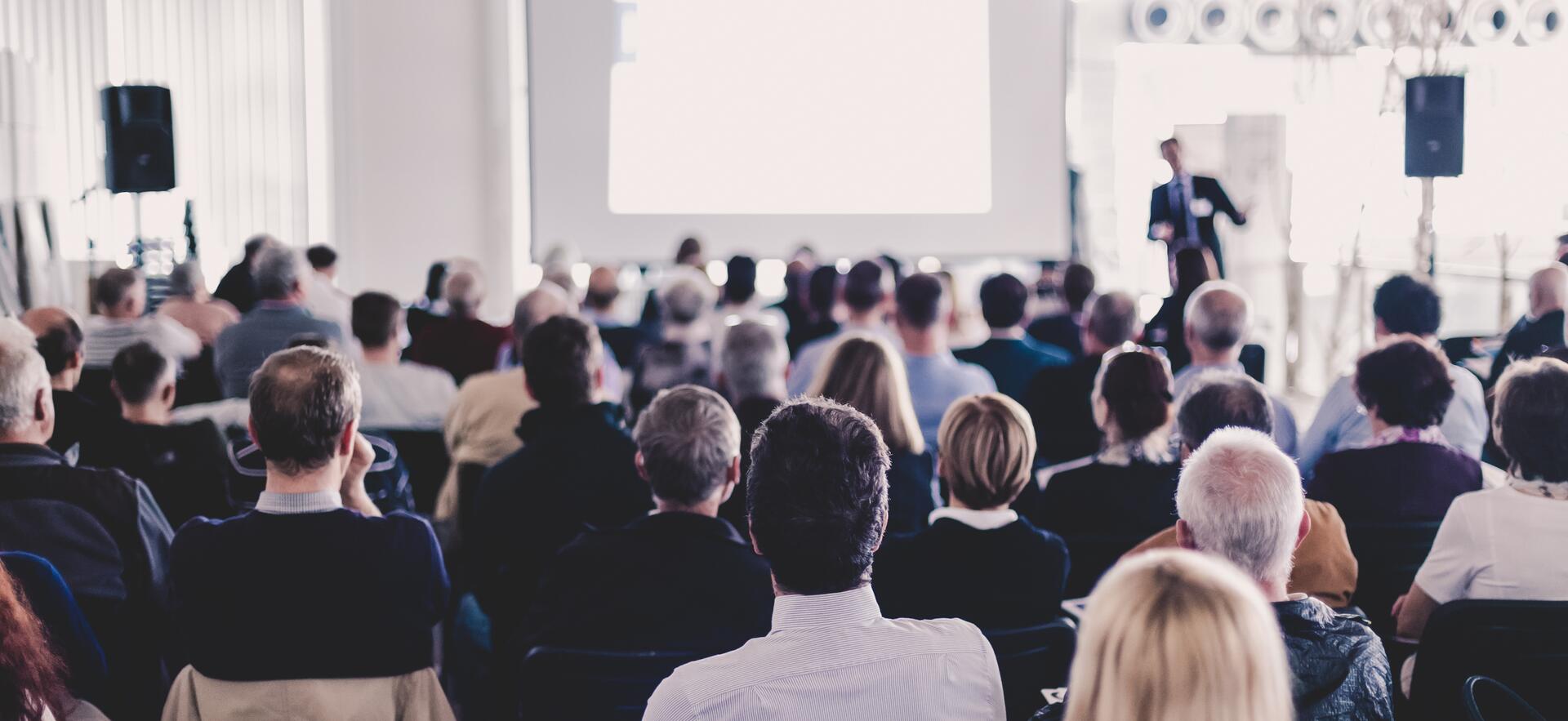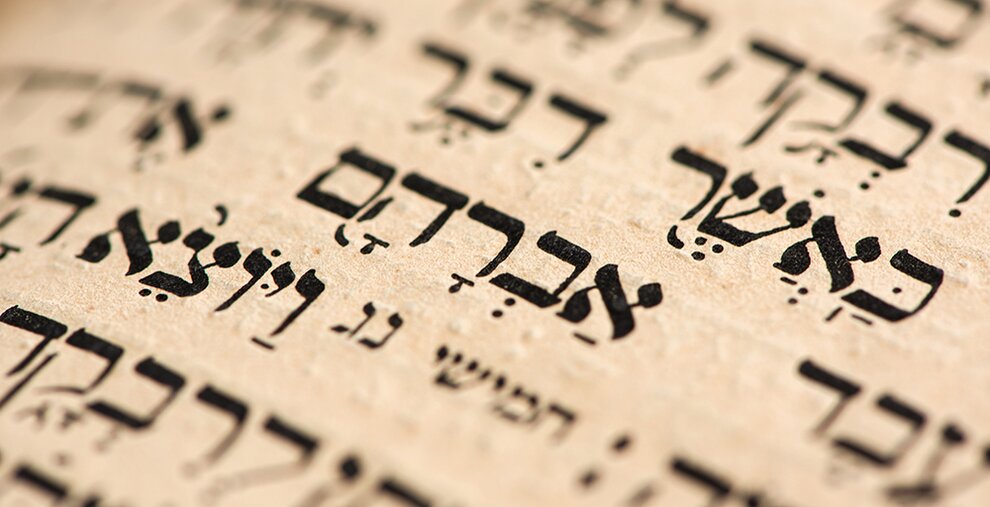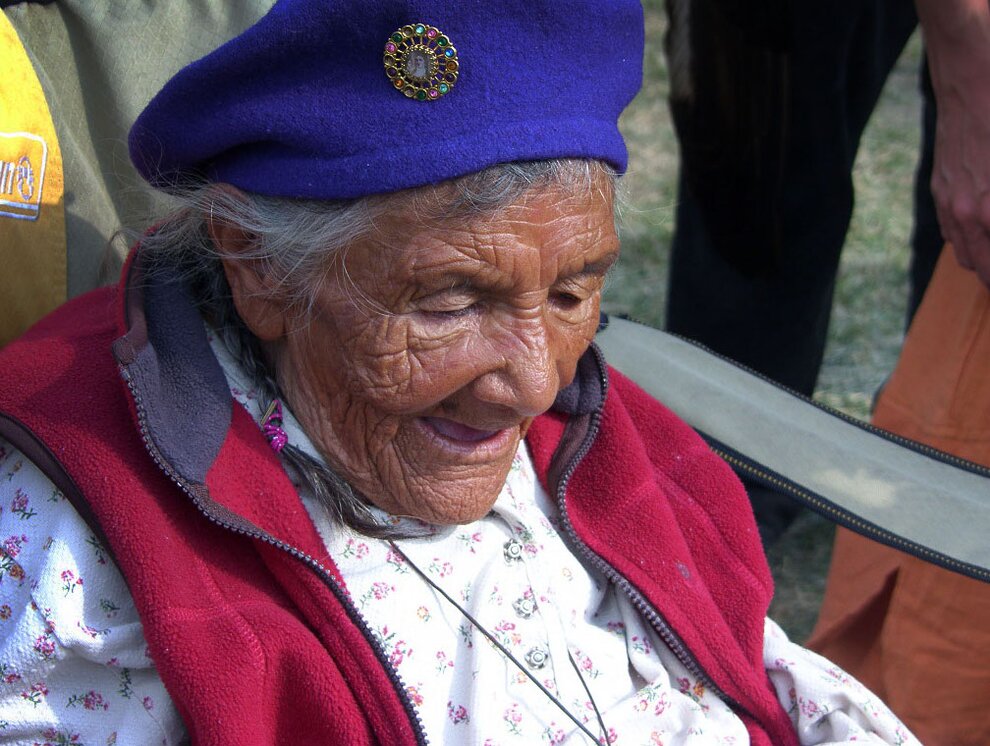The Challenge of Social Change in Arab Countries

As part of the partnership with Reset Dialogues on civilizations, the FMSH supports the event (two days of summer school and two days of conference) organized in Carthage from July 4 to 8, 2022 on the theme: "The Challenge of Social Change in Arab Countries".
Scope
Social protests in the Arab world have inspired hope and optimism and reminded internal and external observers and scholars of persistent realities that challenge democratization. The divide between secular and religious wings of the political sphere has receded from the forefront, whereas the growing social discontent, the crosscutting need for welfare, prosperity, efficiency in public services and a more dynamic and free social life is transcending old political cleavages. The Jasmine revolution of December 2010 that began in Tunisia and ignited reform movements across the region is remarkable in contemporary socio-political history. It fueled new research across philosophy, theology, legal theory, politics and the history of ideas, and beyond. However, the last decade has been marked by turmoil and backlash. The Covid-19 global pandemic added immense challenges at the socio-political and economic levels. And the invasion of Ukraine undertaken by Russian President Vladimir Putin has provoked a major crisis with immense global economic consequences and worsening living conditions in the Middle East and North Africa, where people have returned to the streets to demand the change promised by the earlier social protests.
The 2022 Carthage Seminars aim first to further study social, religious and political diversity in the Arab world by listening to local scholars and their evaluation of the transformations in the region, and by involving international scholars that have been studying the area for decades. The Seminars aim, second, to bring together an important number of young scholars, researchers, professionals, teachers, young journalists, media activists, from the region and from outside. Finally, the Seminars aim to engage into profound philosophical, theological, legal, and cultural discussions with the participants during the Summer School classes and workshops over the current issues that concern the changing Arab societies, focusing on pluralism in culture and religion, political liberties and freedoms of expression, human rights discourses, global political and environmental challenges, and the role of the social media and the digital world, the youth, and civil society in these historical moments.
Speakers and faculty
Wahid Abdelmeguid, Stefano Allievi, Lisa Anderson, Meysam Badamchi, Joseph Bahout, Giancarlo Bosetti, Amel Boubekeur, Georges Fahmi, Amel Grami, Sharan Grewal, Mohamed Haddad, Sari Hanafi, Mohammed Hashas, Elizabeth Suzanne Kassab, Volker Kaul, Jonathan Laurence, Mohammed Masbah, Nejia Ouriemmi, Renata Pepicelli, Mounir Saidani.
Conference program
Day 1 - July 07, 2022
09:00-09:30
Registration and welcome coffee
09:30-10:00
Opening session
- Nejia Ouriemmi, Academician, Academy “Beit al-Hikma,” Carthage
- Jonathan Laurence, Director, Reset US; Boston College
- Mohammed Hashas, Scientific Coordinator, Reset DOC; Luiss University, Rome
Session 1 - Social Change and the Arab-Muslim Intelligentsia
Panel 1: 10:00-11:30
- Mohamed Haddad, The social and the political in the Tunisian experience (In Arabic, Al-ijtima‘i wa-l-siyyasi fi al-tajriba al-tunusiyya)
- Amel Grami, Academia and social change in the region: What is missing?
- Wahid Abdelmeguid, Primitive thinking and the Arab social crisis (In Arabic, al-tafkir al-bida’i wa-l-azma al-ijtima‘iyya al-‘arabiyya)
- Chair: Nejia Ouriemmi, University of Tunis al-Manar; Academy “Beit al-Hikma”
11:30-11:45 Break
Panel 2: 11:45-13:15
- Elizabeth Suzanne Kassab, The intellectual challenges for keeping up with the social changes: the case of contemporary Arab political thought
- Mohammed Hashas, For change in the Arab world: Three projects from Rabat School
- Meysam Badamchi, The quest for reform in Islamic contexts: A comparative reflection on H. Hanafi and H. Yousefi Eshkevari
- Chair: Jonathan Laurence, Boston College; Reset Dialogues US
13:15-14:30 Lunch Break
Session II: Constitutionalism and Minorities in the Arab World
Panel 3: 14:30-16:00
- Nejia Ouriemmi, The future of the minorities in the Arab world: What role for the concept of citizenship? (In Arabic, Mustaqbal al-aqalliyyat fi al-‘alam al-‘arabi: ayyu dawr li-mafhum al-muwatana?)
- Volker Kaul, Arab constitutionalism: Between freedom, identity and the truth
- Georges Fahmi, Christian churches in the MENA and the Arab Spring (Online)
- Chair: Mohammed Hashas, Luiss University, Rome; Reset DOC
16:00-16:30 Break
Panel 4: 16:30-18:00
- Lisa Anderson, On the social sciences in the Arab world (Online)
- Mounir Saidani, Is (changing) sociology a social demand now?
- Sari Hanafi, What does the ethical turn mean for the social sciences?
- Chair: Volker Kaul, Charles University, Prague; Reset DOC
- - -
Day 2 – July 08, 2022
Session 3: Failed social change and and the rising challenges: sectarianism, migration, natural crises, and State reactions
Panel 5: 09:00-10:30
- Joseph Bahout, Social change in Syria-Lebanon
- Amel Boubekeur, Analyzing change in Algeria (Online)
- Sharan Grewal, US reactions to coups in Sudan, Tunisia, and Egypt
- Chair: Sari Hanafi, American University of Beirut
10:30-10:45 Break
Panel 6: 10:45-12:15
- Stefano Allievi, Human mobility and plural societies: Migrations, cultural conflicts and social change
- Renata Pepicelli, Environmental changes and challenges in the Arab world: The case of Tunisia
- Mohammed Masbah, The bureaucratization of “State Islam”: The case of Morocco
- Chair: Elizabeth Suzanne Kassab, Doha Institute for Graduate Studies
12:15-13:15
Young Scholars Space - Synthetic Presentations of Summer School Workshops
13:15-14:30 Lunch
End of Carthage Seminars 2022
Summer School Program
July 04, 2022
09:00-09:30
Registration and welcome coffee
09:30-10:00
Opening session
- Nejia Ouriemmi, Academician, Academy “Beit al-Hikma,” Carthage
- Jonathan Laurence, Director, Reset US; Boston College
- Mohammed Hashas, Scientific Coordinator, Reset DOC; Luiss University, Rome
10:00-13:00
(Break at 11:30-11:45)
Mohamed Haddad, Arab Revolts: A long-durée analysis (In Arabic, Al-thawarat al-‘arabiyya: tahlil ‘ala al-mada al-‘tawil)
13:00-14:00 Lunch Break
14:00-17:00
(Break at 15:30-15:45)
Nejia Ouriemmi, The Meaning of pluralism in the Arab context: Facts and horizons (In Arabic, Mafhum al-ta‘addudiyya fi al-siyyaq al-‘arabi: dirasa fi al-waqi‘ wa-l-afaq)
17:00-18:00
Workshops, Session 1
- - -
July 05, 2022
10:00-13:00
(Break at 11:30-11:45)
Amel Grami, The concept of ‘Patriarchal backlash’ as a form of ‘resistance to progressive social change.
13:00-14:00 Lunch Break
14:00-15:30
Volker Kaul, What is pluralism?
15:30-17:00
Sari Hanafi, Islamization of knowledge and its grounding: Appraisal and alternative
17:00-18:00
Workshops, Session 2
- - -
July 06, 2022
10:00-11:30
Renata Pepicelli, History of women's movements in the Arab world
11:30-11:45 Break
11:45-13:15
Stefano Allievi, Human mobility and plural societies. Migrations, cultural conflicts and social change
13:15-14:00 Lunch Break
14:00-15:30
Elizabeth Suzanne Kassab, Contemporary Arab political thought before and after the revolts: Change and/or continuity
15:30-16:30
Workshops, Session 3
16:30-21:00
Guided Tour
- - -
July 07, 2022
09:00-18:00
Conference
- - -
July 08, 2022
09:00-14:00
Conference and final students’ presentations
End
Press
- Carthage Seminars, sfida cambiamento sociale nei Paesi arabi, Ansa med, 2022, July 11th (in italian)
Organized by
Reset Dialogues on Civilizations (Milan) and Reset Dialogues (US), in collaboration with The Tunisian Academy of Sciences, Letters, and Arts “Beit al-Hikma” (Carthage-Tunis), The Fondation Maison des sciences de l'homme (FMSH, Paris) and Gulbenkian Foundation - Délégation en France.

Summer School and international symposium
July 4 to 8, 2022
Academy “Beit al-Hikma”
Carthage, Tunisia

Language and Religion: The Gods Behind the Words

Adapting Cognitive Assessment Tools to Indigenous Cultural Contexts

Making things last. Practices and resources in the art of de-consuming


